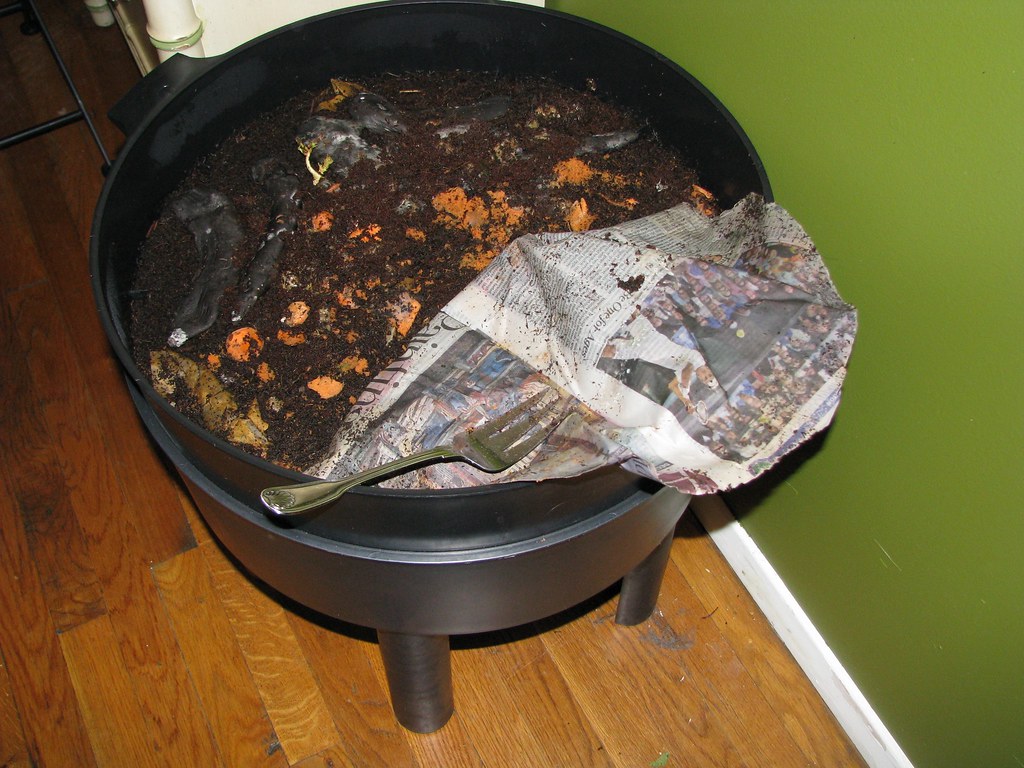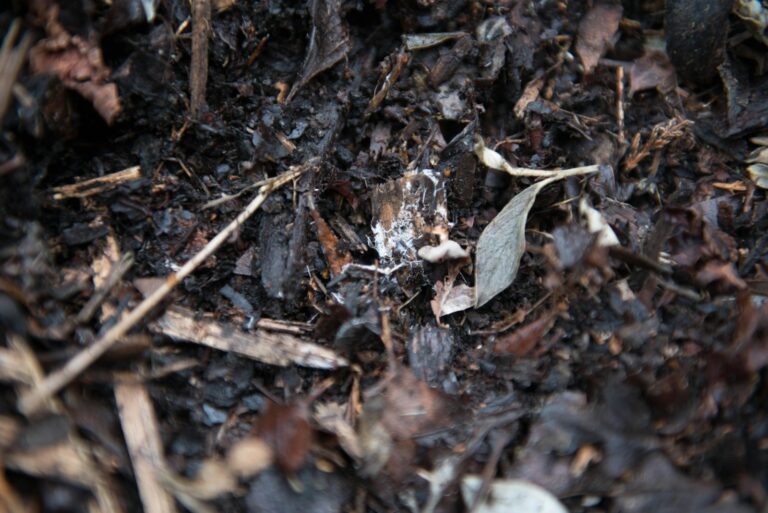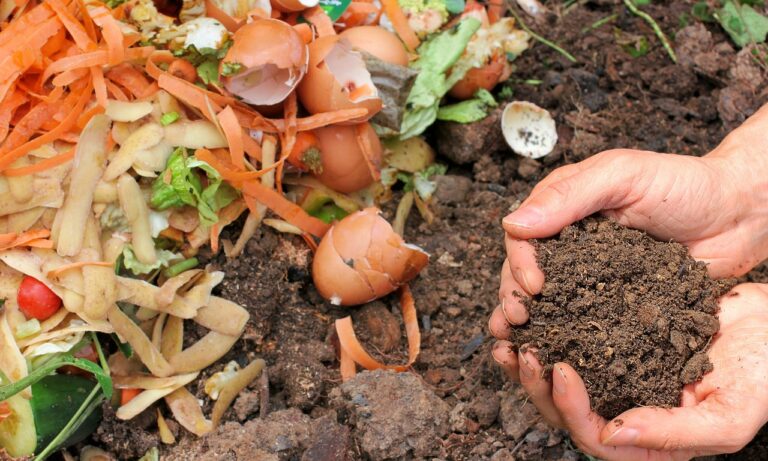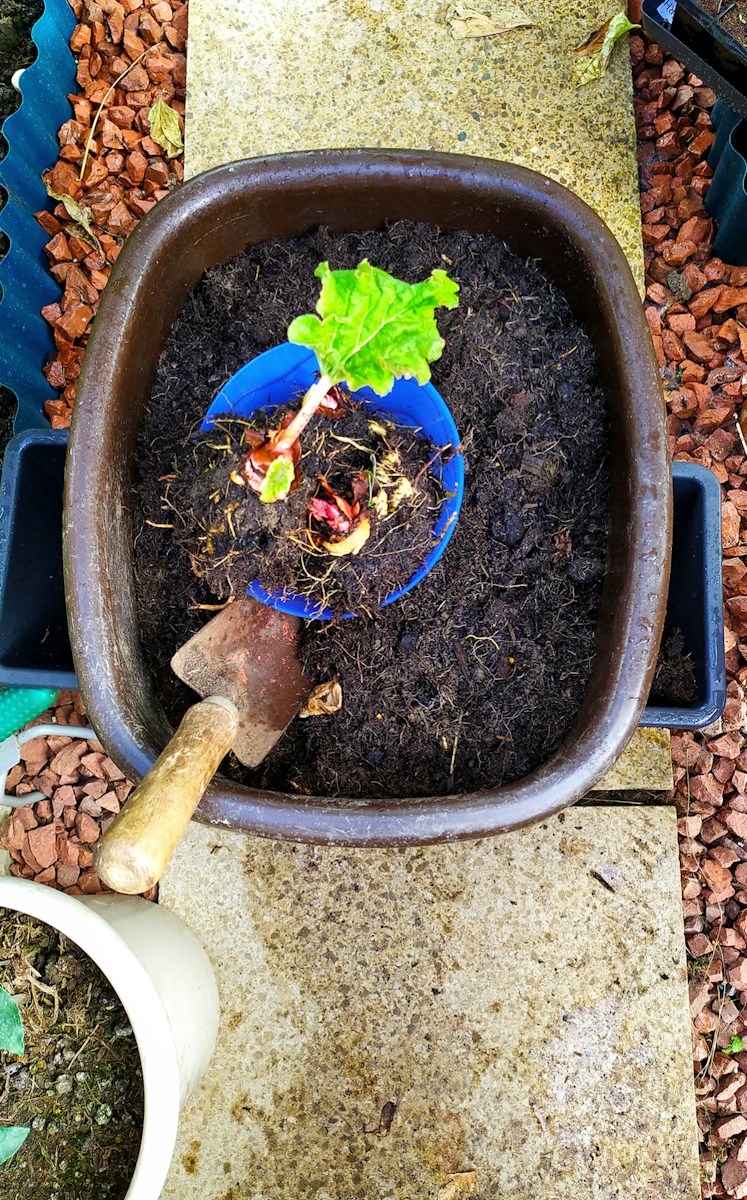Living in an apartment can sometimes feel like being a plant trying to grow in a concrete jungle. But just like a resilient seed that finds a crack in the pavement and sprouts into a beautiful flower, there is a way to bring a touch of green into your urban dwelling: composting.
Yes, even in the limited space of an apartment, you can turn your kitchen scraps into nutrient-rich soil. In this discussion, we will explore the benefits of apartment composting, the methods and supplies needed, as well as some tips and tricks to overcome common challenges.
So, if you’re ready to transform your apartment into a sustainable oasis, let’s get started on this composting journey together.
Benefits of Composting in Apartments
Composting in apartments offers numerous benefits, making it a practical and environmentally-friendly choice for urban dwellers. While there are challenges to composting in an apartment, the benefits far outweigh them.
One of the major benefits is the reduction of waste sent to landfills. By composting food scraps and other organic materials, you can divert a significant portion of your waste from going to the landfill, where it would produce harmful greenhouse gases. Instead, you can turn that waste into nutrient-rich compost that can be used to fertilize your indoor plants or even shared with community gardens.
Another benefit of apartment composting is that it helps to improve the quality of your indoor air. Organic waste left in the trash can emit unpleasant odors, attracting pests and causing a less-than-ideal living environment. By composting, you can eliminate those odors and create a healthier living space.
Additionally, composting in apartments can save you money. Instead of purchasing expensive fertilizers, you can use your own homemade compost to nourish your plants and help them thrive.
Despite the challenges that come with apartment composting, such as limited space and potential odor concerns, the benefits make it a worthwhile endeavor. It allows you to reduce waste, improve indoor air quality, and save money. With some planning and creativity, apartment composting can be a practical and rewarding choice for urban dwellers.
Choosing the Right Composting Method
When it comes to composting in an apartment, there are a few different options to consider.
Indoor composting methods include vermicomposting, which uses worms to break down organic waste, or bokashi composting, which uses a fermentation process.
Alternatively, if you have access to outdoor space, you can opt for outdoor composting methods such as traditional compost bins or compost tumblers.
Each method has its own advantages and considerations, so it’s important to choose the one that fits your living situation and composting goals.
Indoor Composting Options
To successfully compost in an apartment, I’ve found that selecting the right indoor composting method is crucial. Luckily, there are several options available that are suitable for apartments. Here are the best composting methods for apartments:
- Vermicomposting: This method uses worms to break down organic waste into nutrient-rich compost. It’s compact, odorless, and can be done in a small space.
- Bokashi composting: This method uses a special fermenting agent to break down organic waste. It’s odorless and can be done in a sealed container, making it perfect for apartments.
- Electric composters: These small, electric units use heat and mixing to speed up the composting process. They’re convenient and can be used indoors without any odor.
The benefits of indoor composting include reducing waste, producing nutrient-rich soil for plants, and minimizing the need for chemical fertilizers. With the right indoor composting method, apartment dwellers can contribute to a more sustainable and eco-friendly lifestyle.
Outdoor Composting Alternatives
One effective way to choose the right composting method for outdoor use is to consider your available space and the amount of organic waste you generate.
When living in an apartment, outdoor composting provides several benefits. It allows you to reduce your carbon footprint, create nutrient-rich soil, and minimize the amount of waste that goes to the landfill.
There are various urban composting techniques that can be used, depending on your space and preferences. For example, if you have limited space, you can opt for a small compost bin or a worm composting system. If you have a larger outdoor area, you can consider a compost pile or a tumbler.
Whichever method you choose, it’s important to regularly turn the compost, maintain the right moisture levels, and add a balanced mix of green and brown materials.
Essential Supplies for Apartment Composting
I find that having the essential supplies for apartment composting makes the process more efficient and enjoyable. When composting in small spaces, it’s important to have the right tools to make the most of your composting efforts. Here are some essential supplies that I recommend:
- Compost Bin: Look for composting container alternatives that are specifically designed for small spaces. There are compact compost bins available that can fit easily in an apartment balcony or kitchen countertop. These bins often have a lid to control odors and prevent fruit flies from getting in.
- Compost Starter: A compost starter can help speed up the decomposition process and ensure that your compost is rich in nutrients. Look for a natural and organic compost starter that’s safe to use in an indoor environment.
- Compost Thermometer: Monitoring the temperature of your compost is crucial for successful composting. A compost thermometer allows you to check if your compost pile is reaching the optimal temperature for decomposition. This tool helps you troubleshoot any issues and ensures that your compost is breaking down effectively.
Having these essential supplies on hand will make apartment composting a breeze. With the right tools, you can turn your food scraps and other organic waste into nutrient-rich compost for your indoor plants or community garden. Happy composting!
Setting Up a Compost Bin Indoors
Setting up an indoor compost bin is a simple and effective way to recycle food waste and create nutrient-rich compost for your plants. However, composting in small spaces can present some challenges. Here are some tips to help you set up a compost bin indoors.
First, choose a suitable container for your compost. Look for a bin that’s compact and has a tight-fitting lid to control odors. You can use a plastic storage bin or a specialized composting container designed for indoor use.
Next, consider the location of your compost bin. Place it in a well-ventilated area, away from direct sunlight. This will help to control odors and prevent pests from being attracted to the compost.
When it comes to composting in small spaces, it’s important to manage the moisture levels. Add dry materials like shredded newspaper or dried leaves to balance the moisture in your compost bin. Avoid adding too much wet food waste, as this can lead to a smelly and anaerobic compost pile.
Lastly, remember to turn your compost regularly to ensure proper aeration and decomposition. Use a small garden fork or a compost aerator to mix the materials and promote faster breakdown.
Managing Odor and Pest Control
To effectively manage odor and control pests while composting in a small space, it’s important to implement a few practical strategies.
- Managing moisture levels: One of the main culprits behind unpleasant odors in compost bins is excessive moisture. To prevent this, make sure to balance the moisture content by adding dry materials like shredded paper or leaves. This will help keep the compost aerated and reduce the chances of odor buildup.
- Preventing fruit flies: Fruit flies can be a common problem when composting indoors. To keep them at bay, cover your compost with a layer of browns, such as dried leaves or newspaper. This will discourage fruit flies from laying their eggs in the compost and help prevent infestations.
- Regularly turning the compost: Turning the compost regularly helps aerate it and prevent the growth of anaerobic bacteria that can cause foul odors. Use a small pitchfork or compost turner to mix the materials thoroughly, ensuring that fresh air reaches all parts of the compost pile.
What to Compost in an Apartment
When it comes to composting in an apartment, it’s important to know what items can be composted. Kitchen scraps like fruit and vegetable peels, coffee grounds, and eggshells are great options.
As for composting containers, there are various options available, such as countertop bins or worm composting systems.
Lastly, to control odor, consider using carbon-rich materials like shredded paper or dried leaves to cover the food scraps.
Kitchen Scraps Disposal
I typically compost kitchen scraps in my apartment by collecting fruit and vegetable peels, coffee grounds, and eggshells. Composting kitchen scraps is a great way to reduce waste and create nutrient-rich soil for plants.
To ensure successful kitchen scraps storage, here are some tips:
- Use a small compost bin with a tight-fitting lid to prevent odors and pests.
- Line the bin with newspaper or biodegradable compost bags to make cleaning easier.
- Empty the bin regularly into a larger outdoor compost bin or take it to a community composting site.
Composting benefits not only the environment but also your plants. It helps to enrich the soil, retain moisture, and reduce the need for chemical fertilizers. By composting kitchen scraps, you can make a positive impact even when living in an apartment.
Composting Container Options
Consider various composting container options that are practical for apartment living.
When it comes to composting in a small space, choosing the right container is essential. There are several materials to consider, such as plastic, ceramic, or stainless steel.
Plastic containers are lightweight and affordable, but they may not be as durable as ceramic or stainless steel options.
The size of the composting container is also important. Look for a container that can hold a sufficient amount of organic waste, but is still compact enough to fit in your apartment. A container with a capacity of 1-5 gallons is usually suitable for apartment composting.
Remember to choose a container with a tight-fitting lid to prevent odor and pests.
Odor Control Techniques
To control odor while composting in an apartment, it’s important to know what can be composted. Here are some tips to help keep your composting process odor-free and efficient.
- Choose the right compost bin placement: Place your compost bin in a well-ventilated area, such as near a window or balcony. This will allow airflow and prevent odors from accumulating indoors.
- Use natural odor neutralizers: Adding certain materials to your compost can help neutralize any unpleasant smells. Consider using items like coffee grounds, citrus peels, or baking soda to absorb odors and keep your compost smelling fresh.
- Balance your compost: Maintaining a proper ratio of green (nitrogen-rich) and brown (carbon-rich) materials in your compost will help prevent odor issues. Aim for a ratio of roughly 3 parts brown materials to 1 part green materials.
Maintaining and Turning Your Compost
Regularly maintaining and turning your compost is essential for successful decomposition and ensuring a healthy, nutrient-rich end product. To maintain your compost pile, it’s important to monitor its moisture level. The ideal moisture content should be similar to that of a damp sponge. If your compost becomes too dry, add some water to keep it moist. On the other hand, if it becomes too wet, add some dry materials like shredded paper or leaves to help absorb the excess moisture.
Turning your compost regularly is crucial for aeration and promoting decomposition. By turning the pile, you introduce oxygen that helps break down the organic matter more efficiently. Aim to turn your compost every one to two weeks. Use a pitchfork or shovel to mix the materials thoroughly. Pay attention to the outer edges and the core of the pile, as these areas tend to decompose at a slower rate.
Remember to layer your compost with a balanced mix of green and brown materials, such as fruit and vegetable scraps, coffee grounds, grass clippings, leaves, and shredded newspaper. This will ensure a good balance of nitrogen and carbon, which are essential for decomposition.
With regular maintenance and turning, you’ll have a thriving compost pile that produces nutrient-rich compost for your plants.
Harvesting and Using Your Finished Compost
Now that your compost pile is well-maintained and turned regularly, it’s time to reap the rewards of your efforts by learning how to harvest and utilize your finished compost. Using compost in gardening can greatly improve the health and productivity of your plants. Here are some practical steps to help you make the most of your compost:
- Start by sifting your compost to remove any large chunks or debris. This will give you a fine, crumbly texture that’s easier to work with in the garden.
- Mix your compost into the soil before planting. This will help improve soil structure, retain moisture, and provide essential nutrients to your plants.
- Use compost as a top dressing around existing plants. This can help suppress weeds, conserve moisture, and provide a slow-release source of nutrients throughout the growing season.
While composting in an apartment may present some challenges, such as limited space or odor concerns, the benefits of using your finished compost in gardening are worth it. By following these steps, you can turn your kitchen scraps into nutrient-rich soil amendment that will help your plants thrive.
Troubleshooting Common Apartment Composting Issues
Dealing with common apartment composting issues can be challenging, but with a little troubleshooting, you can overcome them and continue composting successfully. One of the most common problems that apartment composters face is odor. Nobody wants their apartment smelling like rotting food! To troubleshoot odor problems, here are a few tips:
| Issue | Solution |
|---|---|
| Odor | 1. Make sure you have a good balance of green and brown materials. Too much green waste can cause odors. |
| 2. Stir the compost regularly to promote airflow and prevent anaerobic conditions. | |
| 3. Avoid adding meat, dairy, or oily foods to your compost bin as they can cause strong smells. | |
| 4. Add a layer of dry leaves or shredded paper on top of each food waste layer to help absorb odors. | |
| 5. Consider using an odor-absorbing product like baking soda or charcoal in your compost bin. |
Conclusion
Composting in an apartment may seem challenging, but it’s a practical and rewarding way to reduce waste and create nutrient-rich soil.
By choosing the right composting method, setting up a compost bin indoors, and managing odor and pests, anyone can successfully compost in a small space.
With a little maintenance and patience, you can harvest and use your finished compost to nourish your plants and contribute to a greener planet.
Happy composting!





